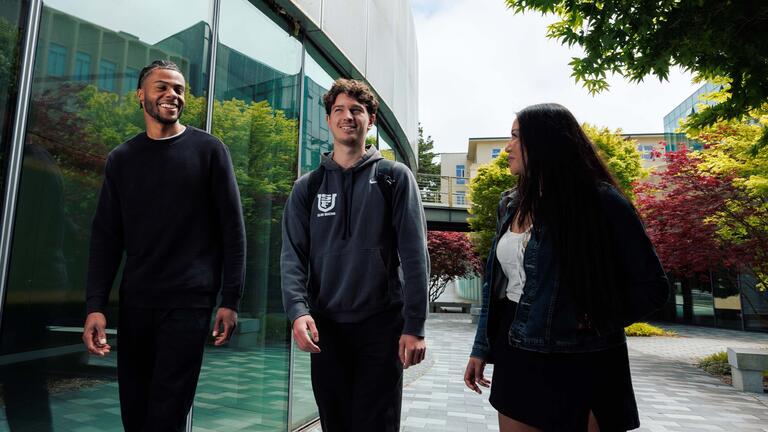
Program Overview
The Master of Science in International and Development Economics is a two-year, 36-unit program in which students take three to four classes each semester, including an overseas field research project over the summer. Students desiring to go part-time can complete the program by taking two classes per semester for three years, undertaking their summer field research between the second and third years of the program.
What topics are studied?
- Econometric evaluation of development project impacts
- Effects of globalization, international integration, and trade
- Macroeconomics of developing countries
- Agricultural economics and commodity markets in developing countries
- Microcredit and microinsurance
- Behavioral economics and studies of war and violence
- Health and environmental policy in developing countries
- Causes of poverty and famine
- Women and development
- International finance and currency stabilization
- International labor markets and migration
Are there any requirements before enrolling in the core classes?
The foundation requirements represent three bodies of knowledge that all graduate students must acquire before enrolling in the core courses. Requirements are waived if they have been met by previous studies or work experience. In addition, students are expected to have competence in standard spreadsheet applications.
- Economic Theory – The fundamentals of economic theory at the undergraduate level, including intermediate microeconomics and intermediate macroeconomics.*
- Mathematics – A fundamental understanding of college calculus and the ability to apply calculus and basic linear algebra to economic models.
- Statistics – A basic knowledge of statistics, including random variables, probability distributions, confidence intervals, and hypothesis testing.
* Non-economics majors who have not taken Intermediate Microeconomics, Intermediate Macroeconomics, or Economic Methods (applications of mathematics and statistics to economics) take these classes as they begin the IDEC program. Students having taken these classes who did not earn a grade of B or higher are conditionally admitted. Conditional admission is removed when these requirements are satisfied, and such students are still able to complete the program in two years.
How many units per semester do students usually take?
Full-time graduate students usually take 8 to 10 units per semester. Each course is either 2 or 4 units, which typically means enrolling in two to four classes per term. Two-unit courses are half-semester classes (or full-semester courses that meet every other week), while four-unit courses run the full semester.